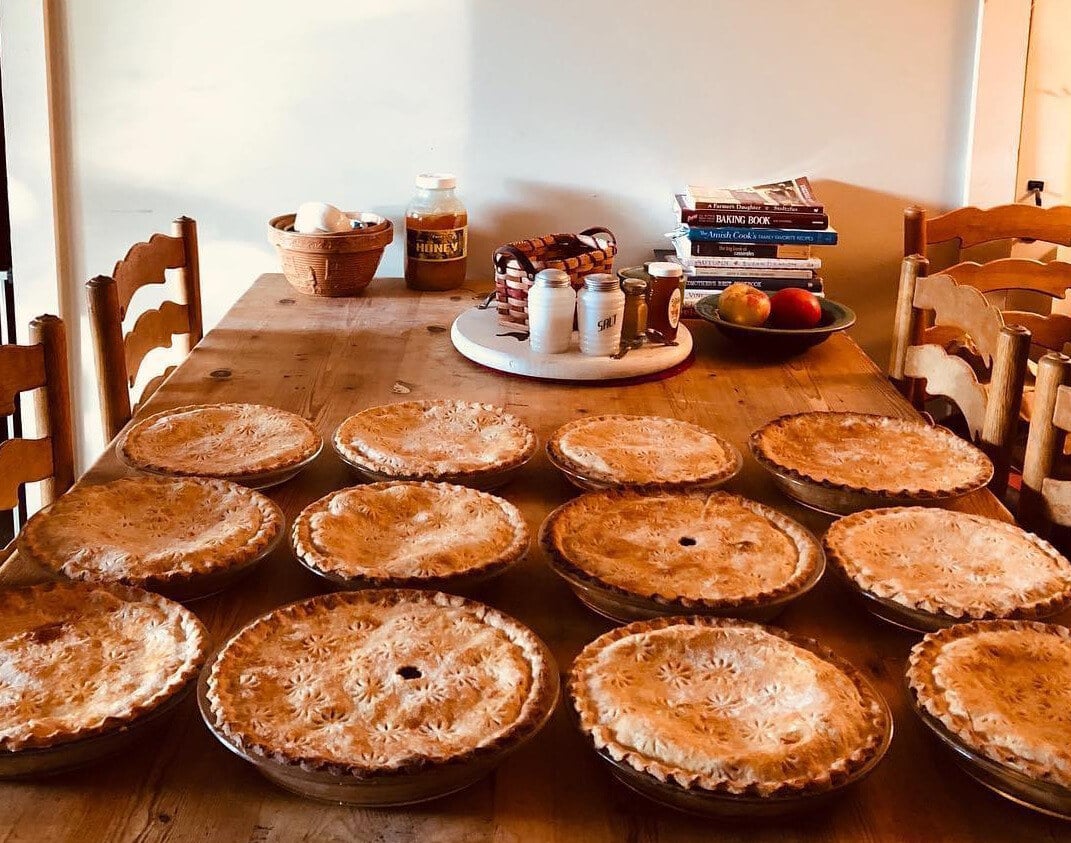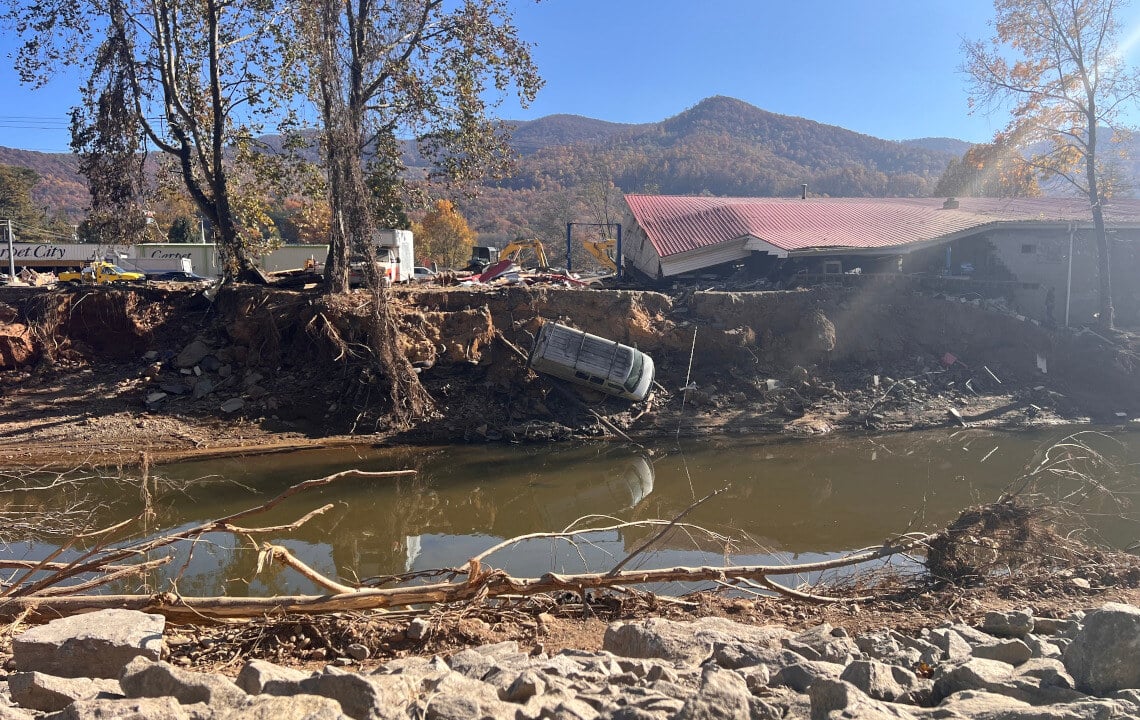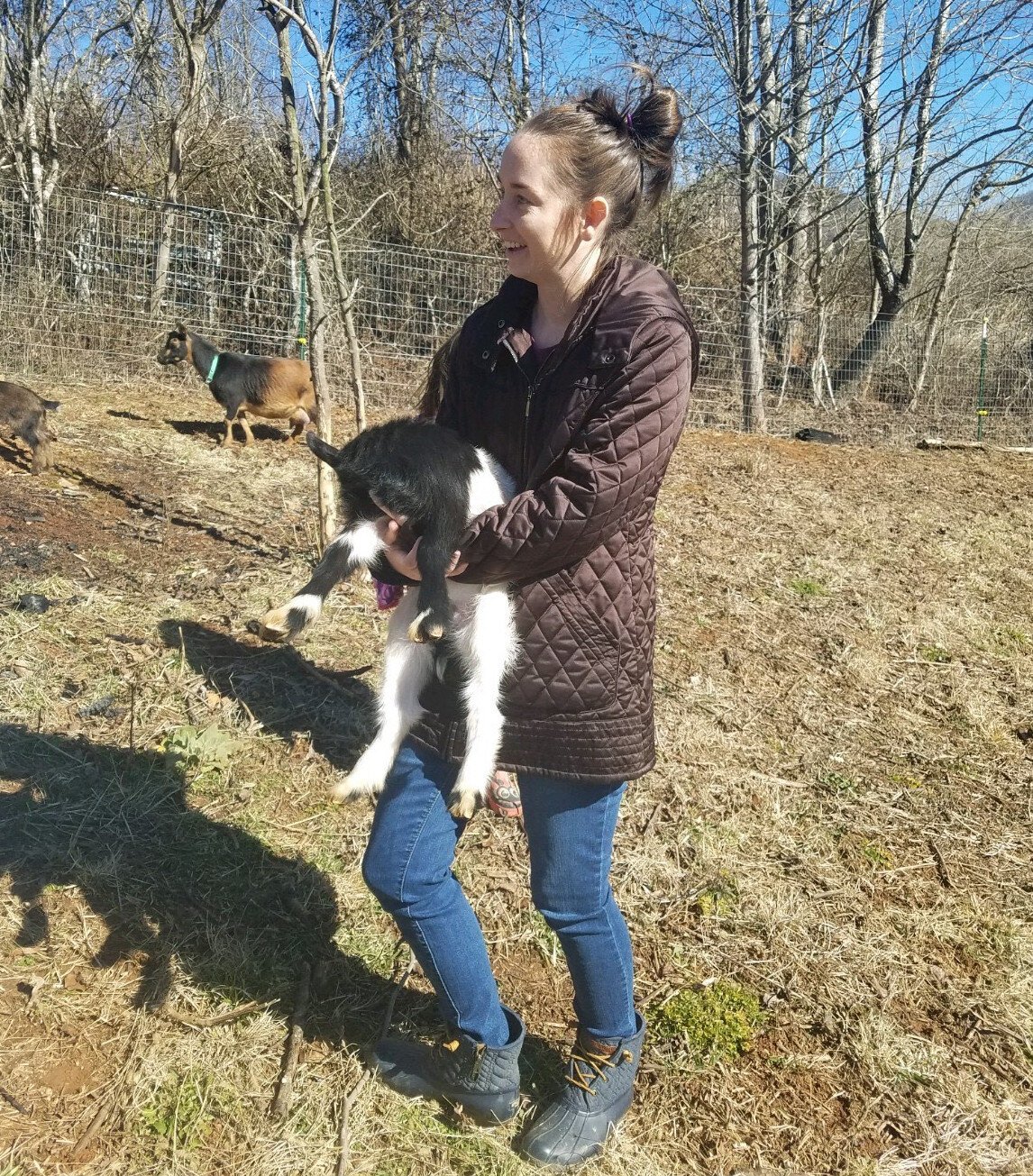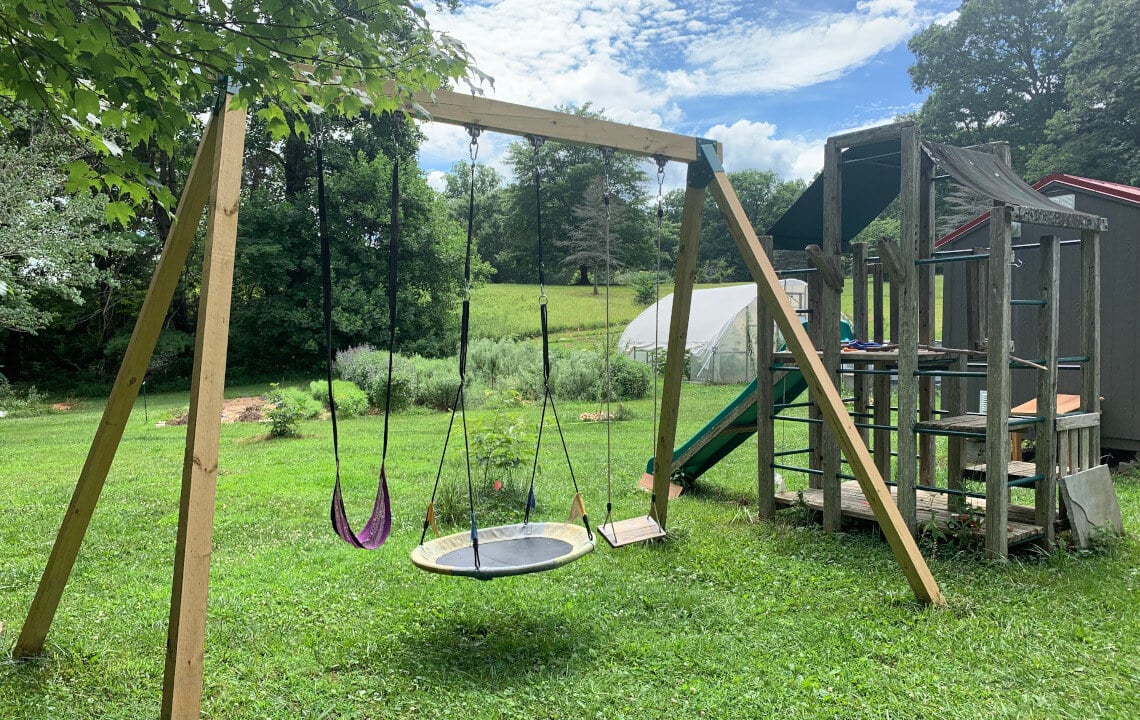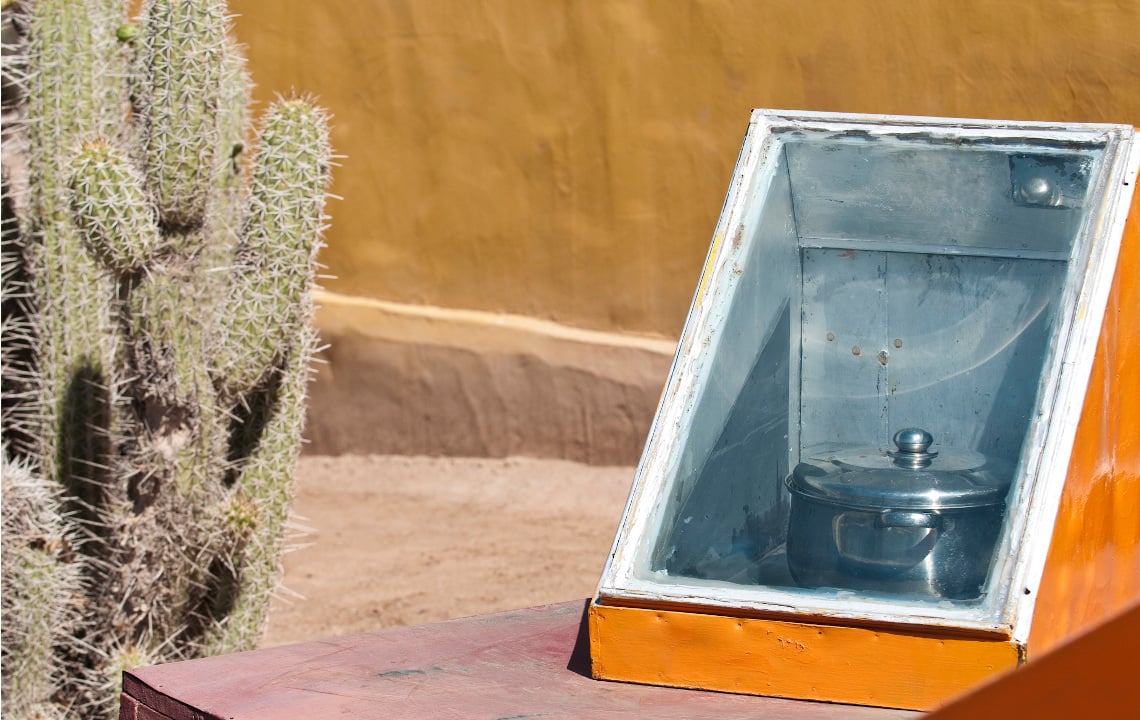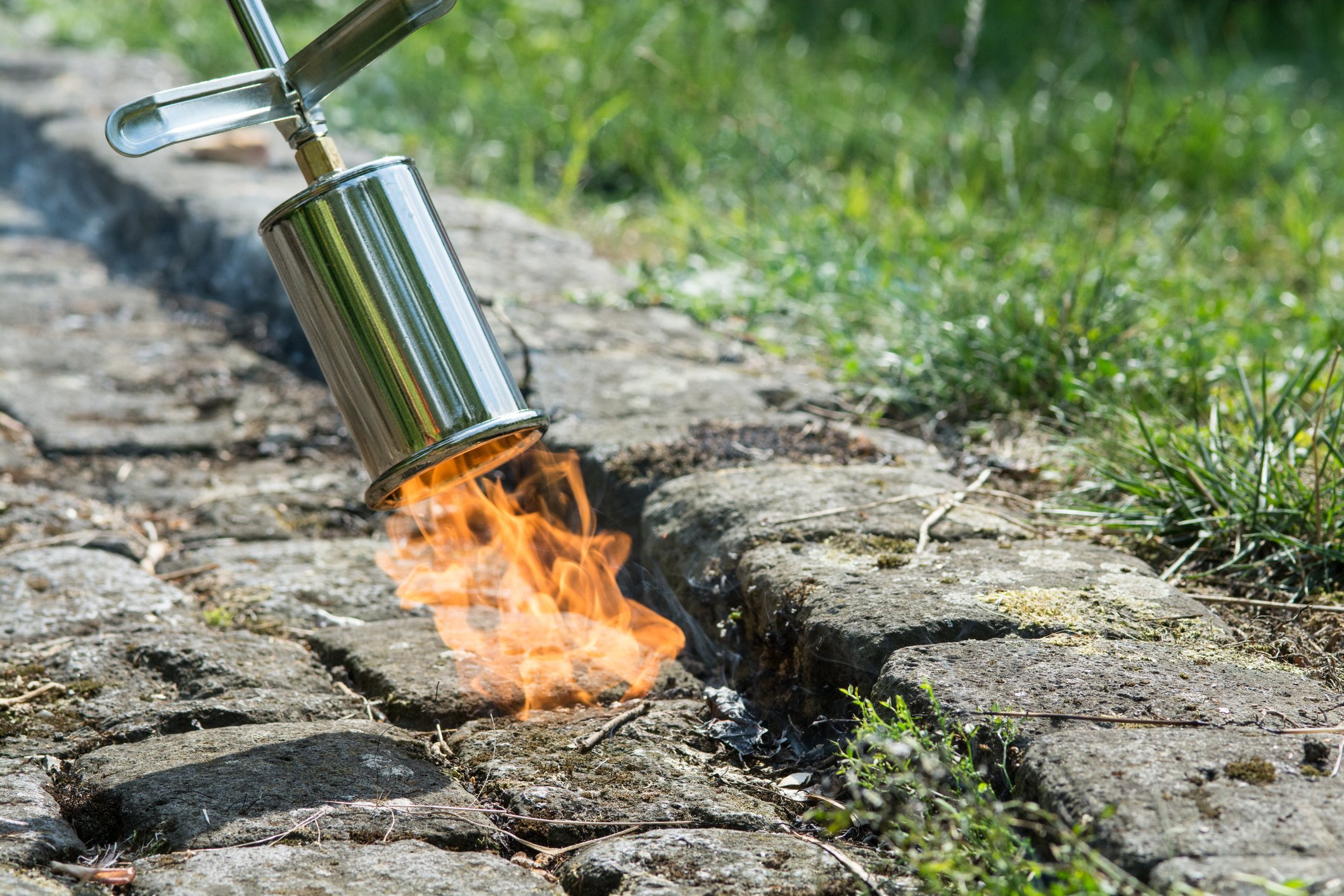If you’re looking for land for sale in Louisiana, you probably have a lot of questions. In Part 2 of this series, local real estate and finance experts offer tips on what to expect when buying rural Louisiana land and turning it into a homesite.
In Part 1 of How To Buy Land In Louisiana, we covered the basics of what to expect during the land-buying process, financing, and how long it takes to complete the process.
In Part 2, you'll get more details on what's involved in buying rural Louisiana land and transforming it into a homesite, including:
- What's involved with getting utilities on a remote rural property
- The scoop on mineral rights
- What to expect in closing costs
- Insurance recommendations for raw land
- Property tax exemptions
- Unique financial incentives available for Louisiana landowners
Ready to buy or start the process of researching land for sale in Louisiana? Let's get started drilling down the details.

HOW DO I GET UTILITIES ON A REMOTE RURAL PROPERTY IN LOUISIANA?
In contrast to homes in cities and suburbs (with proximity to municipal resources), rural homes can require more in terms of accessing electricity, water, sewer/septic, etc.
Buyers should assess utilities early in the process and discuss any issues with their real estate attorney.
Water
In some cases, buyers can access existing water systems—even outside of town.
“We’re starting to see more and more community water systems in rural areas,” Nathan says. “But there may be additional costs to get it connected to a property.”
But for many raw land parcels in remote areas, buyers will need to have both a well and a septic system installed, processes we covered extensively in these articles:
- What Land Owners Need To Know About Well Installation
- Everything You Need To Know About Septic Systems
Prices for these systems vary by location, but our experts suggest a range of $10,000 - $15,000 for well and septic installation in rural Louisiana.
Buyers can get quotes for these systems from local contractors to avoid expensive surprises after closing.
Electricity
For electricity, buyers can check with local parish utility boards. They can give you a quote or put you in touch with the right source.
Electricity is often priced on a per-foot basis — but the actual price will vary by location and provider.
Internet
It’s also important to think about internet access.
It may not be possible to access speedy fiber optic, but many rural areas will have at least one satellite internet provider. And using a mobile hotspot may be an option depending on the data plan. (Again, check with parish offices for details on providers.)
DO MINERAL RIGHTS COME WITH MY LOUISIANA PROPERTY?
First-time buyers often come across the term “mineral rights” in purchase agreements and are surprised to learn that surface and subsurface rights to land can be conveyed separately.
That is, a buyer can purchase land but not necessarily own all of the property rights to the minerals below the surface—for example, natural gas or oil — due to a previous conveyance.
Kari, the real estate attorney we interviewed, says this is usually not an issue for her clients, though she is always on the lookout for reservations that might impact a client’s use of the land.
“In Louisiana, when we close a real estate transaction, the minerals are often not a huge part of the asset value for smaller or residential transactions,” she says. “We generally only examine surface rights. Most buyers don’t want to pay thousands of dollars for a mineral title opinion and they just want to see whether there is active production on the land.”
In areas without active production, mineral rights are generally not a big concern for land buyers. The most important thing here is to have a real estate attorney do a thorough title search and talk to them about any concerns.
Kari says there are workarounds to having a costly mineral title opinion. She can draft contract terms that mitigate risks associated with unknown mineral rights — an experienced real estate attorney should be able to help with this.
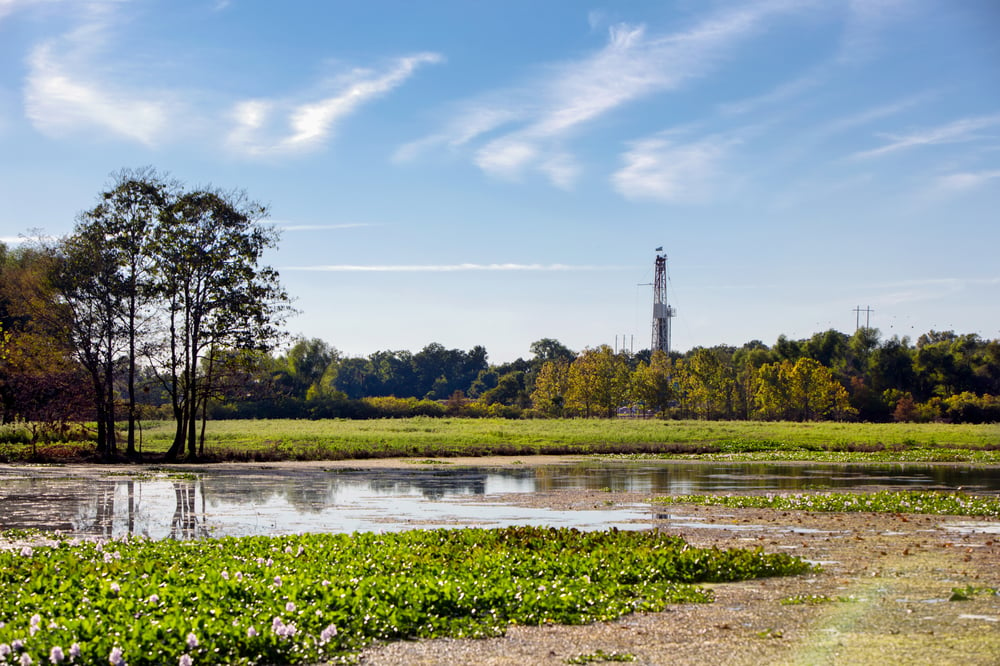
WHAT ARE THE CLOSING COSTS FOR A LAND PURCHASE IN LOUISIANA?
“The closing costs depend on the loan size and the complexity of the deal,” says Zach.
For simpler transactions, lending agents charge smaller fees, reflecting the time and expertise required.
Here are some costs to expect in rural land transactions:
- Attorney’s fees
- Origination or loan service fee
- Stock purchase (ownership in farm credit co-op)
- Appraisal
- Survey
- Title insurance policy
Some of these expenses, like the title insurance policy, will be based on the size of the loan—usually expressed as a percentage of the borrowed amount.
A stock purchase will apply if you finance with a farm credit cooperative, and represents your ownership interest.
With First South, you buy into the cooperative at 2% of your loan amount (but that is capped at $1,000). Once you finish paying off the loan, you’ll receive that $1,000 back.
Do sellers ever help pay for closing costs?
Its all negotiable,” Nathan says. “Typically the buyer is responsible for the closing costs. But sometimes the buyer and seller will split the cost of the survey. And if something comes back after review, the seller would be responsible for costs associated with curing title defects.”
WHAT INSURANCE AM I REQUIRED TO HAVE ON LAND IN LOUISIANA?
“If a lender is involved there will typically be insurance requirements depending on the intended use of the land,” Kari says.
For example, if a buyer plans to build a home on the property, residential concerns will apply and they may need insurance for any structures they build and any flood zone issues that may arise.
In addition, Kari advises her clients to obtain a general liability umbrella policy if there are non-residential uses planned for the property — like rice farming or crawfish production, for example.

WHAT PROPERTY TAX EXEMPTIONS ARE AVAILABLE FOR RURAL LANDOWNERS IN LOUISIANA?
The default method for determining tax liability in Louisiana is based on a percentage of the fair market value of the property (fair market value is the amount that a buyer and seller would agree to in an ordinary transaction).
But Louisiana landowners have several options for reducing their property taxes.
The first exemption buyers should know about is the homestead exemption. If you live in a home that you own on property in Louisiana, you can apply for an exemption of $7,500. In other words, a portion of your property’s value is exempt from property taxes if you live there.
In some parishes, the homestead exemption is doubled for property owned and occupied by a military veteran with a service disability.
In addition, property that qualifies as agricultural, horticultural, marsh, or timber land is assessed at a percentage of use value, rather than fair market value. Depending on the use, this value may be considerably lower than fair market value, qualifying owners for significant tax breaks.
The land has to meet the state’s legal standards to qualify for use value. This includes a requirement that the land be at least three acres in size or it must have produced a gross annual income of at least $2,000 for four years. Here’s a link to the statute.
And here is a list of the parish assessor websites, where landowners can apply for these adjustments.
ARE THERE OTHER FINANCIAL INCENTIVES FOR RURAL LAND BUYERS IN LOUISIANA?
Buyers who plan to use the land for farming or recreation (hunting, fishing, trapping, etc.) may be eligible for state and/or federal assistance that can enhance the land’s value.
The National Resource Conservation Service (NRCS) provides technical assistance and funding for private landowner projects that improve the health of the soil, water, air, wildlife habitat, and other natural resources.
As part of their Environmental Quality Incentives Program (EQIP), NRCS helps landowners pay for high tunnels for growing vegetables, herbs, flowers, and more. One farmer we spoke with says NRCS awarded him a $6,000 grant to help pay for a high tunnel on his land.
“We try to plant a seed for people to get in touch with conservation programs,” says Zach, our land lending expert. “If somebody is buying a property for recreational use or a long-term investment, these programs can be a good way to get an additional long-term return on their investment and have that fit with their intended use of the property.”
NRCS also helps with funding to support wildlife habitat, which may be a good fit for landowners looking to enhance marshland and other wetlands for hunting and fishing. Click here to learn more about NRCS programs.
And Louisiana’s Department of Wildlife and Fisheries offers assistance as well.
State biologists provide free advice on habitat management with game species in mind.
They advise on and assist in accessing funding for projects like prescribed burning, tree planting, establishing native grasslands, and more.
Ready to look for land?
Click the banner below to view available acreage in Louisiana to build your dream home/property.







